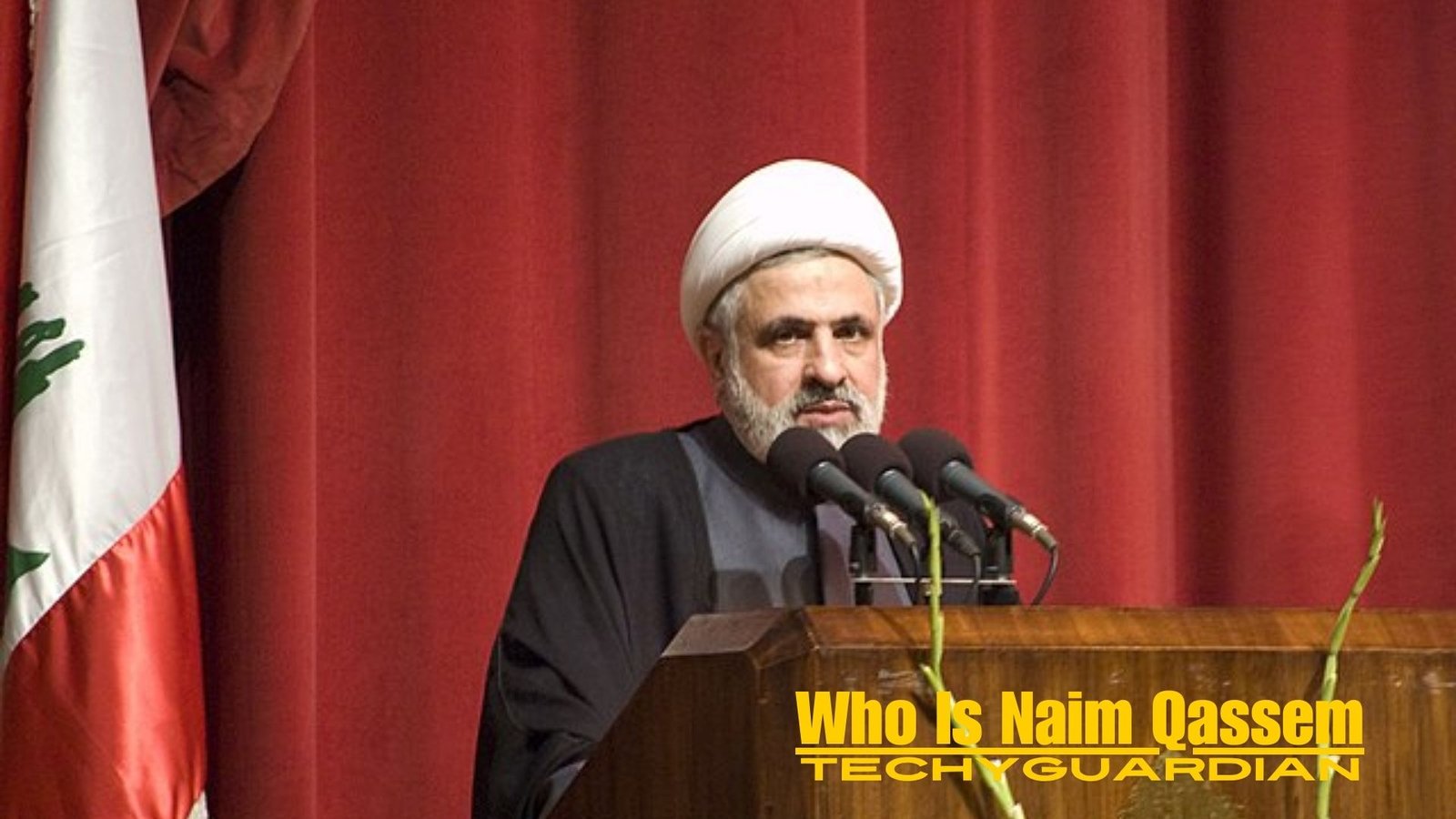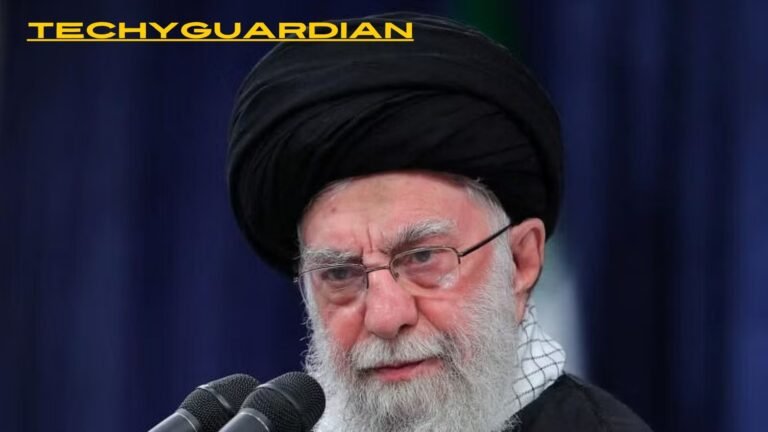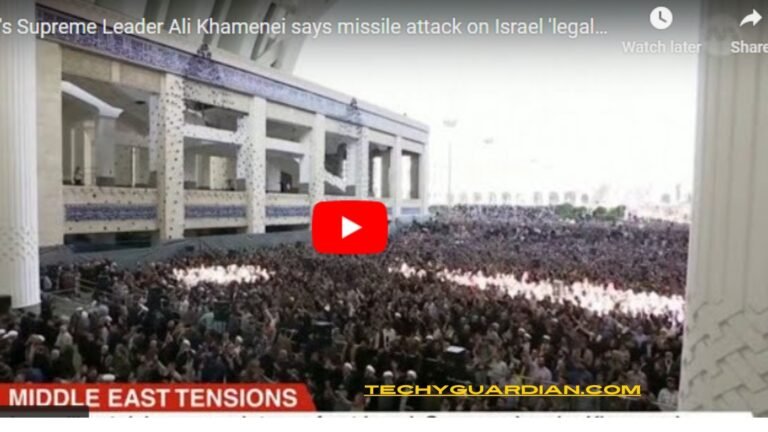
Naim Qassem
Hezbollah Appoints Naim Qassem as Interim Leader After Hassan Nasrallah’s Death
In a significant political shift, Hezbollah has appointed Naim Qassem as its interim leader following the death of Hassan Nasrallah, its long-standing Secretary-General. This appointment comes as part of a broader internal restructuring, raising questions about the future of one of the most influential and controversial organizations in the Middle East. Nasrallah’s passing marks the end of an era for Hezbollah, and Qassem’s new leadership role introduces an important chapter in the group’s trajectory.
Who is Hassan Nasrallah, Israel’s Longtime Adversary in Lebanon?
The Rise of Naim Qassem within Hezbollah
Naim Qassem, who has been a key figure in Hezbollah since its formation in the 1980s, was a natural choice for the interim leadership role. For decades, he served as Nasrallah’s right-hand man, contributing significantly to the strategic and ideological direction of the group. His vast experience and deep-rooted influence in Hezbollah’s political and military structures make him a formidable leader at this critical juncture.
Qassem’s appointment as interim leader suggests continuity in Hezbollah’s leadership, particularly given his close alignment with Nasrallah’s policies and his unwavering loyalty to the group’s goals. However, his leadership style and the challenges he will face differ in a post-Nasrallah landscape, marked by regional shifts, increasing pressure from international communities, and a volatile political environment in Lebanon.
Israel’s Hezbollah Fires Thousands of Rockets at Akko
Hezbollah’s Internal Power Dynamics Post-Nasrallah
Hezbollah’s leadership transition comes at a time of intense scrutiny, both domestically and internationally. Nasrallah’s death has raised uncertainties regarding the group’s future direction and the internal power dynamics that could shape its policies moving forward. Naim Qassem’s rise to interim leadership signifies a potential smooth transition, but there are several factions within Hezbollah that may seek to assert greater influence.
Qassem has built his reputation on being a pragmatic yet firm leader. His extensive knowledge of Hezbollah’s political and military operations grants him credibility, but he must navigate complex internal rivalries, particularly among younger leaders and military commanders who may push for a more aggressive stance in regional conflicts.
Lebanon Under Attack: Multiple Killings, Death Toll Rises as Israeli Warplanes Target Hezbollah
Hezbollah’s Evolving Role in Regional Politics
The appointment of Naim Qassem has significant implications not only for Lebanon but for the broader Middle East. Hezbollah has long been a critical player in the region, particularly due to its military involvement in Syria, its opposition to Israel, and its alignment with Iran’s strategic interests. Under Nasrallah, Hezbollah strengthened its military capabilities, amassing significant firepower and resources.
With Qassem at the helm, the group’s regional alliances, particularly its close ties with Tehran, are expected to remain intact. However, his leadership might mark a subtle shift in Hezbollah’s operational strategy. Qassem’s previous statements indicate a focus on consolidating Hezbollah’s domestic power within Lebanon, securing the group’s position amidst growing discontent over its involvement in regional conflicts.
His interim leadership could also coincide with a reassessment of Hezbollah’s military presence in Syria and its relationship with the Assad regime. Qassem may prioritize stabilizing Hezbollah’s influence in Lebanon, given the country’s economic crisis and widespread protests against political corruption. As Lebanon continues to grapple with its dire financial situation, Hezbollah’s involvement in regional conflicts remains a contentious issue.
Iraqi Resistance Joins Lebanon War: Hezbollah Rejoices, Israel Faces New Threat
The Challenges Facing Naim Qassem as Interim Leader
Naim Qassem inherits leadership at a time when Hezbollah is facing a myriad of internal and external challenges. Lebanon’s economic collapse, exacerbated by years of political mismanagement and corruption, has significantly weakened public confidence in the country’s leadership, including Hezbollah’s role in governance. The ongoing economic crisis has led to shortages of essential goods, widespread poverty, and a massive exodus of citizens seeking better opportunities abroad.
For Qassem, balancing Hezbollah’s military objectives with the demands of a deeply frustrated Lebanese population will be no small task. In recent years, Hezbollah has been criticized for prioritizing its military agenda over the welfare of Lebanese citizens, leading to a surge in anti-Hezbollah sentiment across various factions.
Furthermore, the international community, particularly the United States and Israel, is likely to ramp up pressure on Hezbollah following Nasrallah’s death. Qassem will need to navigate a delicate path, balancing Hezbollah’s commitment to its core principles of resistance against foreign influence while addressing the economic and political realities that are pushing Lebanon toward further instability.
How to Respond to Yemeni Ballistic Missiles Fired at Tel Aviv
Naim Qassem’s Relationship with Iran and Syria
One of the most critical elements of Qassem’s leadership will be how he manages Hezbollah’s relationship with Iran and Syria. Hezbollah has long been regarded as a key Iranian ally, receiving financial, military, and political support from Tehran. Qassem, who has consistently advocated for maintaining strong ties with Iran, is expected to continue this trajectory. His leadership could reinforce Hezbollah’s role as a proxy for Iranian interests in the region, particularly in the ongoing geopolitical tensions between Iran, Saudi Arabia, and other Gulf states.
Hezbollah’s involvement in Syria, where it has been a significant military force supporting President Bashar al-Assad’s regime, will also be a central issue for Qassem. As Syria attempts to recover from years of civil war, Hezbollah’s role in the country remains crucial to the Assad regime’s stability. Qassem’s leadership could signal either a deepening of Hezbollah’s military involvement in Syria or a strategic withdrawal to refocus on Lebanon’s domestic issues.
What’s Next for Hezbollah Under Naim Qassem?
The appointment of Naim Qassem as Hezbollah’s interim leader marks a pivotal moment in the organization’s history. While he is expected to maintain much of Nasrallah’s policies, Qassem’s leadership will likely face new challenges in an evolving regional and domestic landscape. Hezbollah’s future hinges on how it adapts to Lebanon’s economic turmoil, internal dissent, and increasing international pressure.
Qassem’s ability to consolidate power within Hezbollah and address the immediate needs of the Lebanese population will determine the group’s future role in the Middle East. His leadership could either strengthen Hezbollah’s grip on Lebanon’s political and military landscape or expose vulnerabilities that lead to internal fractures within the group.
PM Shehbaz Reaffirms Support for Palestinian Struggle
In Conclusion
Naim Qassem’s rise to interim leadership of Hezbollah is a critical juncture in the group’s history. His leadership will be scrutinized not only by Hezbollah’s supporters and opponents within Lebanon but also by international powers closely watching the group’s influence across the Middle East. Whether Qassem can maintain Hezbollah’s position as a dominant force in the region while addressing the pressing economic and political issues within Lebanon remains to be seen.






1 thought on “Who Is Naim Qassem?”